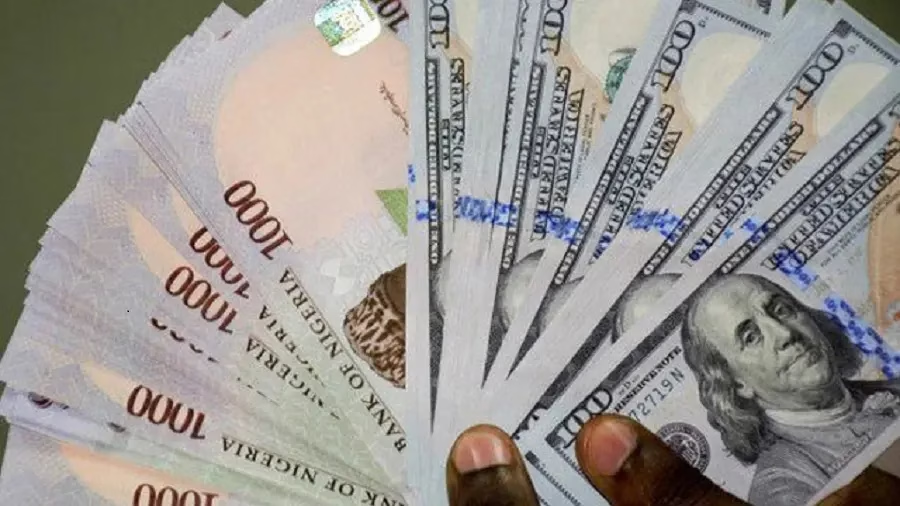The Nigerian naira extended losses against the US dollar for the second straight trading day this week, deepening concerns about exchange rate stability despite a recent rise in the country’s foreign reserves. Official data from the Central Bank of Nigeria reveals the currency weakened to N1,537.09 per dollar at Tuesday’s close, a slight but notable decline from N1,535.92 recorded the previous day. This marks a N1.17 drop in the naira’s value within 24 hours, continuing a downward trend that has seen the currency lose N3.53 against the greenback over the past two days.
Parallel market rates, however, held steady at N1,570 per dollar on Tuesday, mirroring Monday’s closing figure. This divergence underscores ongoing challenges in Nigeria’s foreign exchange system, where limited access to official rates often drives demand to informal markets. The gap between the official and black-market benchmarks, while narrower than in previous months, persists as a barometer of economic pressures.
The depreciation occurs against a paradoxical backdrop: Nigeria’s external reserves climbed to $40.29 billion as of August 8, up from $39.36 billion at the end of July 2025. Currency reserves typically act as a buffer to stabilize exchange rates, but analysts note that factors such as import demands, speculative activity, and delayed reforms may be offsetting the benefits of the reserve increase. The Central Bank has yet to comment on recent market movements, though it has previously emphasized efforts to improve liquidity and unify exchange rate windows.
Market observers highlight the cumulative impact of the naira’s slide, which complicates efforts to curb inflation and stabilize prices of imported goods. Nigeria, Africa’s largest economy, has grappled with severe dollar shortages in recent years, exacerbated by lower oil revenues and foreign investment outflows. While a 40% devaluation of the currency in early 2024 aimed to attract capital and streamline forex operations, volatility has persisted, reflecting structural imbalances in the economy.
The latest exchange rate data reinforces the delicate balance policymakers face in managing currency stability while navigating inflationary pressures. With inflation hovering near 34% year-on-year as of June, households and businesses remain vulnerable to the knock-on effects of a weaker naira. As regional trade partners monitor developments, the currency’s trajectory will likely influence broader economic strategies aimed at revitalizing growth in West Africa’s financial hub.
